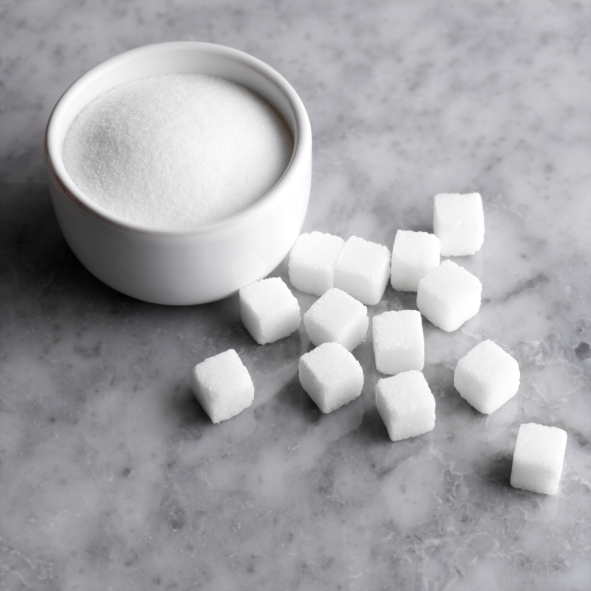Commodities & Metals
Surplus to Cost Uncle Sugar Up to $300 Million
Published:
Last Updated:

A report at Bloomberg indicates that the federal government may spend as much as $300 million this year to purchase sugar at a price that no one else is willing to pay. Sugar prices bottomed out at around $0.16 a pound in July and have recovered to about $0.185 since then. In the past 12 months, prices were above $0.21 a pound only for a brief time in October 2012.
U.S. sugar producers successfully beat back a May attempt in the U.S. Senate by large food and beverage companies like Coca-Cola Co. (NYSE: KO) and Hershey Co. (NYSE: HSY) to cut the price support for sugar.
The glut is the result of the lifting of trade restrictions on sugar imports from Mexico and increased sugar production in the United States. The North American Free Trade Agreement (NAFTA) eliminated the restrictions on Mexican sugar imports and U.S. production of sugar beets is double domestic demand.
The sugar the government buys is auctioned to ethanol producers like Archer Daniels Midland Co. (NYSE: ADM) and Valero Corp. (NYSE: VLO), but a July auction cost U.S. taxpayers $53.3 million in losses, according to the Bloomberg report. At an August auction, only one ethanol maker bought 14.2 million pounds of the 190 million pounds available at a price of just $0.06 a pound. Bids were due on September 26 for another 830 million pounds.
There are a couple of recent bright spots for U.S. taxpayers. May 2014 sugar futures finally have risen above $0.21 a pound, climbing to $0.22 on Tuesday, and the U.S. Department of Agriculture projects that U.S. sugar production will fall by 3.5% in the 2013-2014 marketing year.
Retirement planning doesn’t have to feel overwhelming. The key is finding expert guidance—and SmartAsset’s simple quiz makes it easier than ever for you to connect with a vetted financial advisor.
Here’s how it works:
Why wait? Start building the retirement you’ve always dreamed of. Click here to get started today!
Thank you for reading! Have some feedback for us?
Contact the 24/7 Wall St. editorial team.